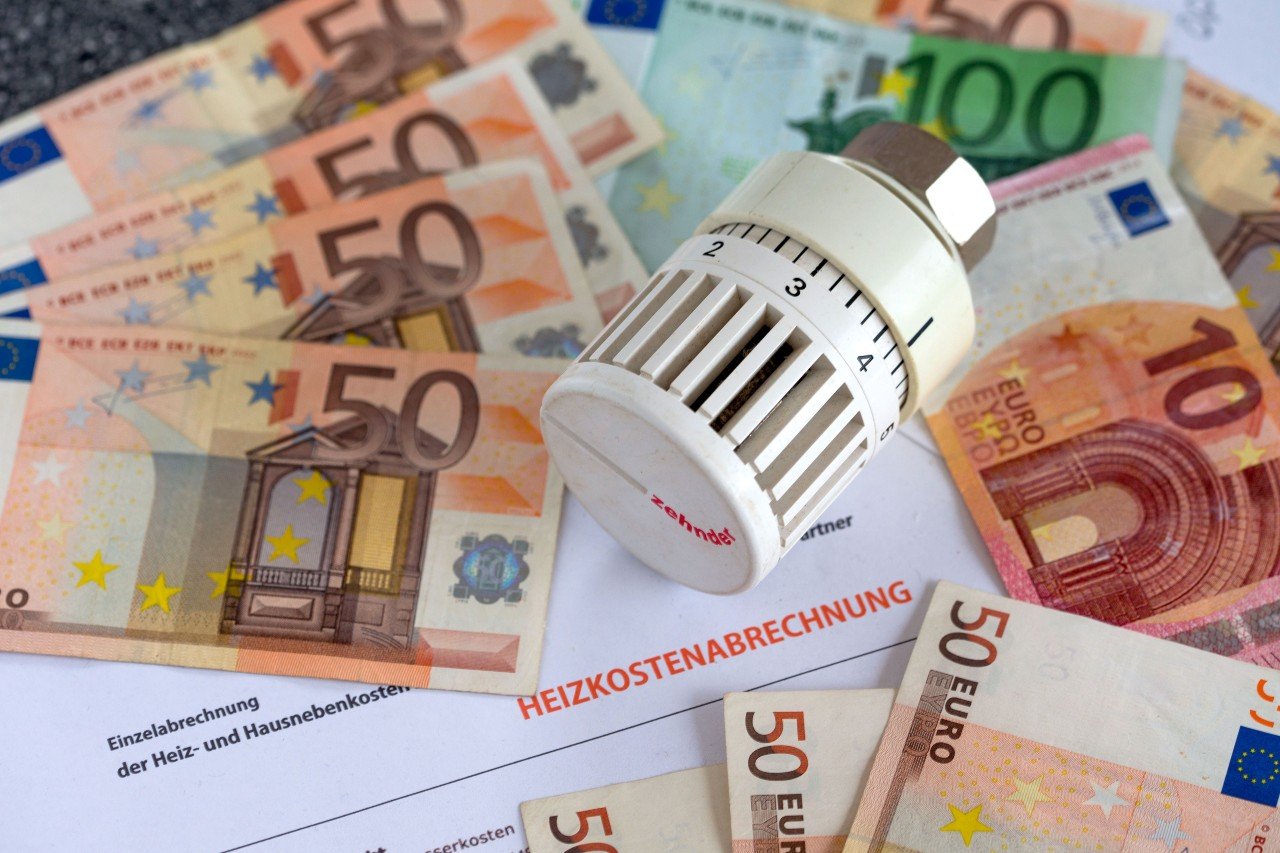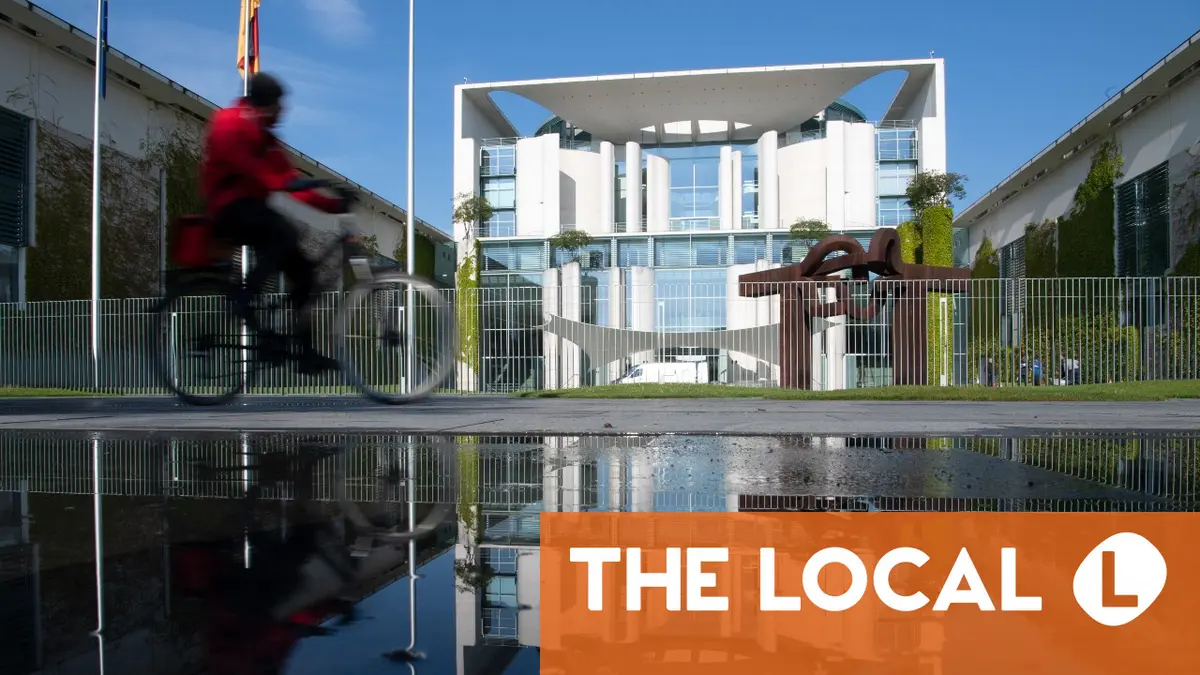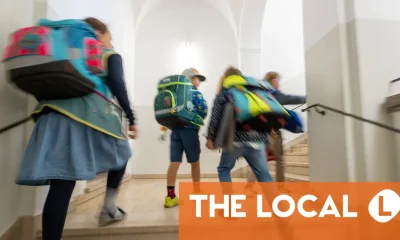It’s official: following elections at the end of February, Germany is set to get a new coalition government comprised of the conservative Union parties (CDU and CSU) and the centre-left Social Democrats (SPD), with CDU-leader Friedrich Merz taking the helm as the next Chancellor.
Germany had a federal coalition government made up of the same parties between 2013 and 2021 under the leadership of former Chancellor Angela Merkel – just before the most recent traffic-light coalition took over.
Previously, the two party coalition had been largely referred to as the “GroKo”, short for Große Koalition, or Grand Coalition in English – described as Große (large) because at that time the parties held the largest mandate in the Bundestag.
READ ALSO: Germany’s Union and SPD unveil final plans for government
Now that the Social Democrats’ voter support has fallen below that of the far-right Alternative for Germany (AfD), however, the incoming coalition will presumably need a new nickname.
But much has changed since the last time the Union parties and the SPD worked together to form the federal government of the Bundesrepublik.
Advertisement
Notably, voters appear to have grown weary of migration to Germany, and Merz has dramatically steered the Union parties further right on certain immigration issues. Conflicts have broken out in both Ukraine and in Gaza, and recently developments in the US have strained its relations with Europe, leaving open questions as to how much Germany can or should rely on the US for defence.
Of course, there is also the ever-intensifying threat of climate change, as well as an economic slump that Germany has thus far been unable to shake-off.
So with all of that in mind, here’s a look at Germany’s next government, some of its key stated goals, and how that can be expected to affect the lives of foreign nationals who live here.
SPD co-leaders Saskia Esken and Lars Klingbeil, CDU leader Friedrich Merz and CSU leader Markus Söder address journalists after reaching an agreement to form a new government, on April 9th, 2025 in Berlin. Photo: Tobias Schwarz / AFP
The next government’s big plans
Forty-five days after the Bundestag election, the Union and the SPD have agreed on a joint coalition agreement. As The Local has been reporting, some important parts of that coalition agreement had already been hinted at in recent weeks.
Regarding US President Donald Trump’s tariffs, Merz suggests the incoming government has plans to make German firms more competitive. Also related to cost of living issues, there are plans to cut down energy prices for homes and businesses.
On Russian aggression and global conflict, the black-red coalition intends to significantly boost defence resources, and will also implement a new voluntary service scheme to boost the number of recruits to the military.
On immigration, the government will aim encourage immigration among skilled workers, while simultaneously intensifying efforts to deport asylum seekers who are rejected by immigration authorities.
Advertisement
Perhaps the most significant goal of the incoming government, and one that has already been achieved to a large extent, is bringing change to Germany’s federal spending policy. In fact, budget-related disagreements exacerbated by borrowing limits set by the debt brake had led to the collapse of the previous traffic light government.
Merz, and other high-level leaders, had argued that given Germany’s need for big expenditure on defence, infrastructure and economic stimulus, the debt brake which had been in place since 2009, needed to be re-configured.
READ ALSO: What’s in Germany’s giant spending package?
Now, having already secured a change to the debt brake that will allow the incoming government to borrow more money for defence and to boost the economy, the next government will have significantly more resources to manoeuvre with.

A young Bundeswehr oldier in a training field in Lower Saxony. Photo: picture alliance/dpa/RTLZWEI, Clip Klap TV und Mediap | RTLZWEI
In line with major Union campaign promises, much of this spending will go toward expanding Germany’s military, building infrastructure and economic stimulus (read corporate tax breaks and business incentives). But also, thanks largely to push-back from the Greens, there will also be €100 billion set aside for climate-protection measures.
READ ALSO: Germany has ditched the debt brake, but what will the consequences be?
Immigration and citizenship
Among the bigger topics for foreign nationals was a pledge by both parties to keep Germany’s dual-citizenship law, which came into force in June 2024, in place.
Scrapping the law, which had been among the bigger achievements of the traffic-light coalition, had been the stated goal of many CDU and CSU politicians on the federal election campaign trail. So agreeing to let the change stick was an initial sign that the Union parties were willing to make some serious concessions to the SPD in forming the new government.
That said, the coalition has now pledged to end the three-year track for naturalisation that had been granted to “exceptionally integrated” foreign nationals under the dual citizenship law. The standard five year residence requirement will, however, remain in place.
READ ALSO: Germany to end three-year ‘turbo track’ for citizenship
Targeting children with a migration background, the new government is also set to introduce nationwide language tests for four year olds. These will check whether children are speaking, reading and listening at an age-appropriate level.
Advertisement
Building on the traffic light’s efforts to attract desperately needed foreign skilled workers, the Union-SPD government reportedly wants to establish a “Work and Stay Agency” to assist immigrants as they enter Germany’s labour market.
But on the other side of the migration issue, Merz’ Union has led with some hefty promises about cracking down on “irregular” migration. To this end a “deportation offensive” is to be launched.
Additionally, there’s been some talk about the possibility of rescinding German citizenship from dual nationals that demonstrate “extremist or anti-semitic” views. But the details on how exactly that would work, and if it would be legal under Germany’s Basic Law remain to be seen.
Taxes, welfare benefits and cost of living
Summarising the coalition’s taxation policy in one line, CSU Markus Söder told reporters on Wednesday: “None of the taxes that have been discussed will be increased.”
In concrete terms, that means there are income tax cuts on the horizon for lower- and middle-income earners, the commuters’ allowance will go up from next year, and overtime work is to be made tax-free.
The new government is also planning a package of measure to save you some money on your energy bill.
To that end, electricity taxes are to be cut to the EU minimum, and a reduced price for energy-heavy industries is to be introduced. Gas tariffs will also be scrapped.

Euro notes and a thermostat. Homeowners in Germany could soon need to shell out for a new heating system. Photo: picture alliance / dpa | Jens Büttner
Reportedly, the coalition would like to see the minimum wage raised to €15 per hour from 2026, but that decision will ultimately be made by Germany’s employees and employers commission.
In another win for the SPD, the 48 percent salary rate for pensions is set to remain. And workers of retirement age who opt to keep working will be eligible to earn an extra tax-free €2,000 per month alongside their pensions. This is to encourage senior citizens to stay in the labour market for longer.
Advertisement
Bürgergeld, or the unemployment cash benefit translated as citizen’s allowance, is to be replaced by a new “basic income” scheme. This promises to be a much tougher benefits system with tighter sanctions for people who don’t take up available work.
For new parents, Elterngeld – or parental leave allowance – is also set to go up in the future, and the parties also want to give freelancers a legal right to paid maternity leave.
For now, the Deutschlandticket travel pass looks set to remain in place beyond next year. However, the price of the popular travel pass could go up in future.
With reporting by Imogen Goodman





































